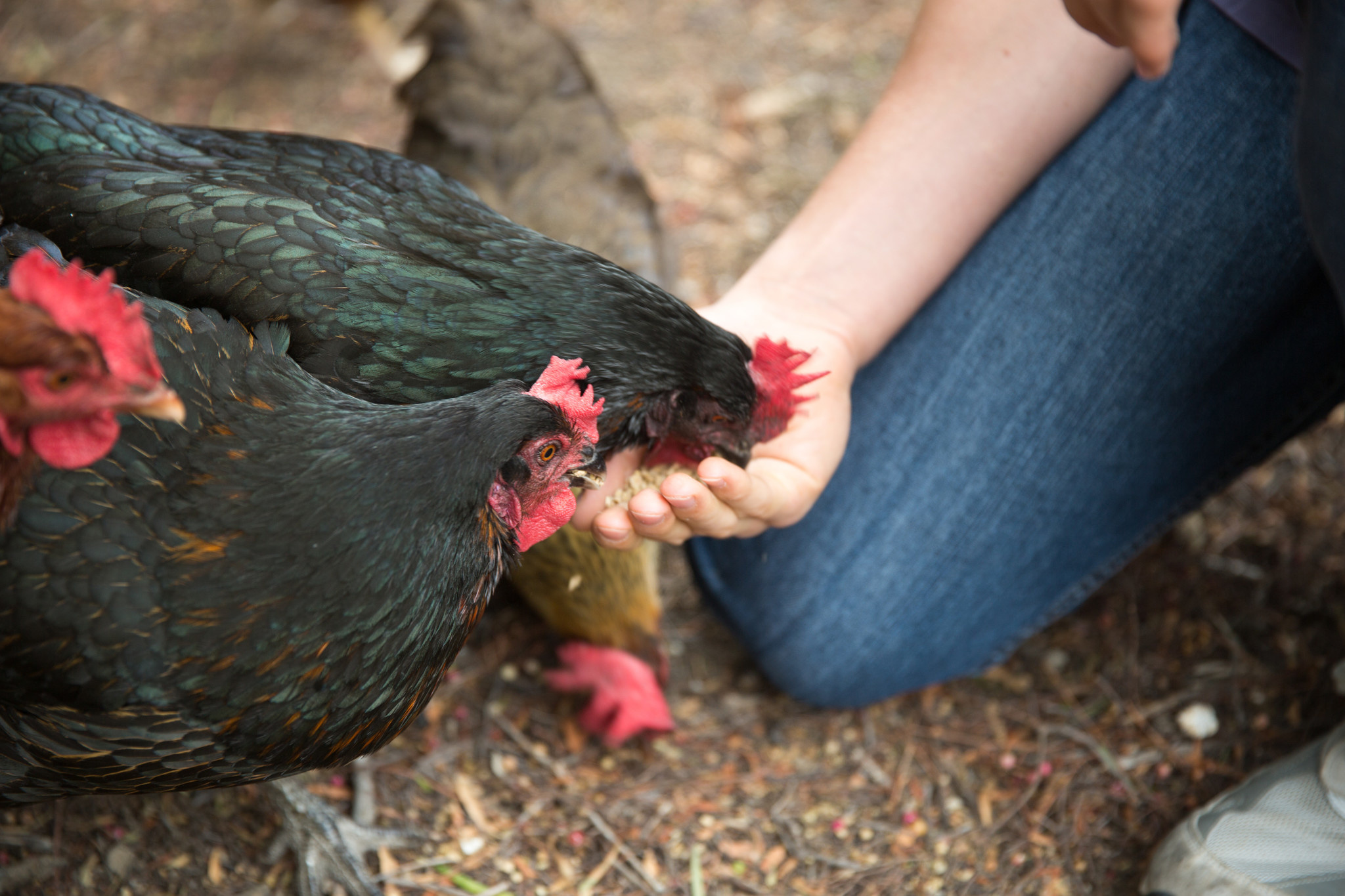What food for laying hens?

You would like to have laying hens in your home, but you don't yet know what their lifestyle is, especially their food. You should know that unlike all chickens, laying hens require a special diet. Especially since they lay eggs regularly. In addition, they are quite fragile, so their diet must be balanced to keep them healthy.
What are the dietary requirements of laying hens?
First of all, you should know that a hen is an omnivore, just like humans. However, it is important to differentiate between the diets of ordinary chickens and laying hens. Laying hens need a complete and balanced diet in order to be healthy, but above all to ensure that they lay eggs in the best possible conditions. For example, a laying hen's diet should contain protein, calcium and minerals.
It is also important to know that laying hens need to drink a lot of water. It is therefore essential to provide up to 1 litre of water per day for a hen. Therefore, it is necessary to provide a watering place for the hen house.
How often should laying hens be fed?
A hen's digestive system works at an impressive speed of about 4 hours. It is therefore very important to feed her regularly. It is important to feed a hen over 4 weeks old twice a day at a regular time. Ideally, you should feed her in the morning and in the evening. In the evening, because this is when the egg is forming, the hen needs more calcium at this time. In the morning, the hen is very hungry, so a new ration is needed. This applies to both domestic and laying hens.
What should laying hens be fed?
As chickens are omnivorous, they can eat food such as kitchen waste. This includes vegetable and fruit peelings, but also rice and pasta. This will also prevent food waste.
Cereals and pellets are also preferable for laying hens. For cereals, you can give them peas, soya, maize, sunflower, rape or flax. Pellets are important to help the hen digest the food she eats.
To maintain the health of laying hens, it is necessary to give them food supplements, especially in winter. This helps egg production, as hens are very sensitive to the cold and hardly ever leave the henhouse. So don't hesitate to give them warm soups or bread soaked in water.
On the other hand, avoid giving them foods such as raw potatoes and their peelings, avocados, banana peels, onion peelings, leeks, chocolate and pastries. Also avoid giving them spicy or overly salty food and raw meat. Raw meat can encourage the rapid growth of bacteria in the body.
To summarise, your laying hen will need :
- 1L of water per day
- Cereals (peas, soya, maize, sunflower, rape, flax)
- Pellets
- vegetable and fruit peelings
- Pasta or rice (kitchen waste)
- food supplements


Comments
Be the first to comment...